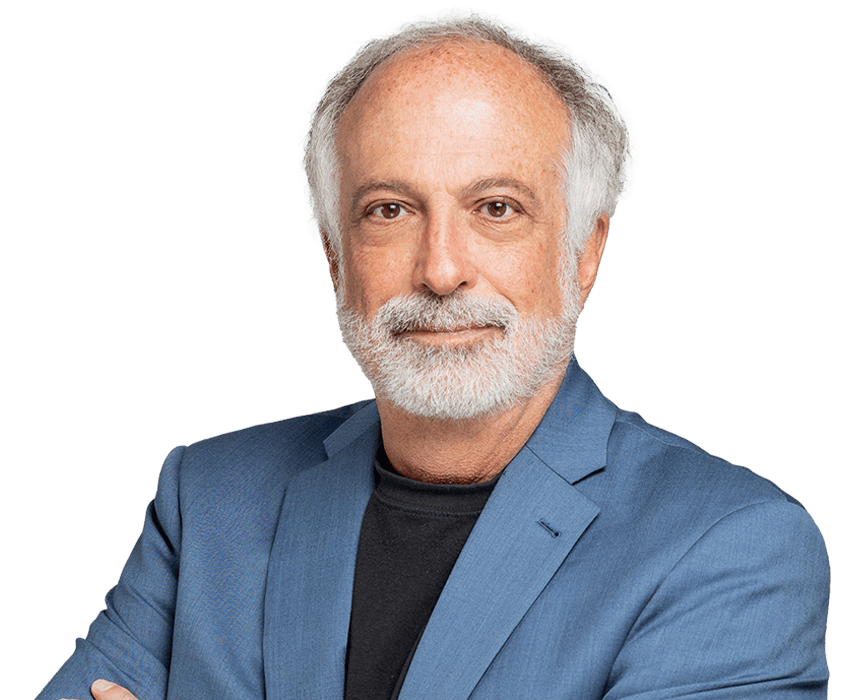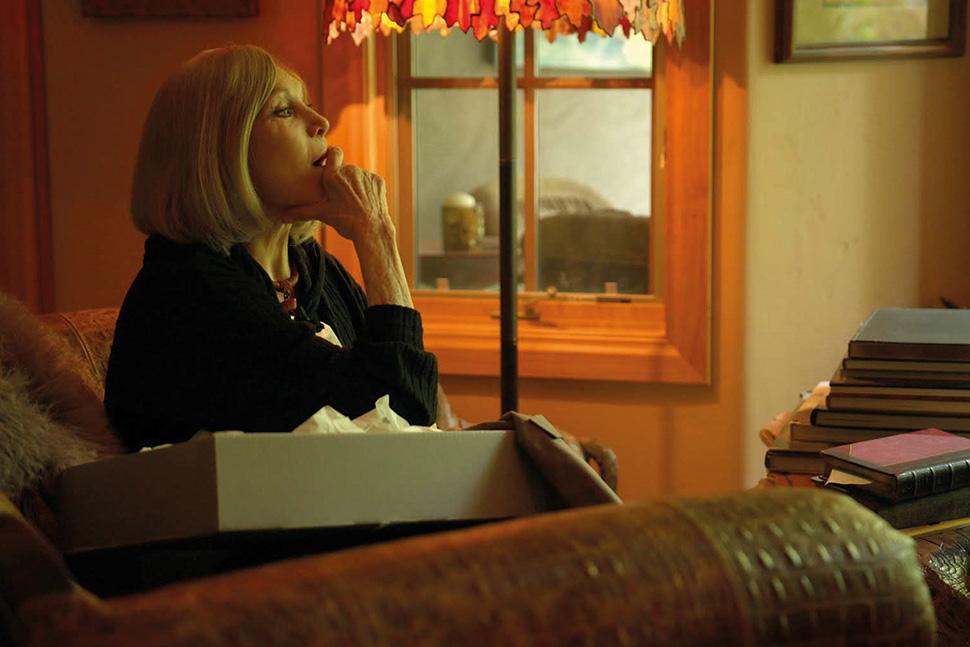Author/contributor

Lawrence Waks
Partner
 Following the successful premiere of Kim Novak’s Vertigo at the 82nd Venice International Film Festival and at Deauville, France, we sat down with Sterlington partner Larry Waks, who served as development and production counsel for the film.
Following the successful premiere of Kim Novak’s Vertigo at the 82nd Venice International Film Festival and at Deauville, France, we sat down with Sterlington partner Larry Waks, who served as development and production counsel for the film.
We asked him about the legal foundation required to bring a creative vision to the screen.
Q1: When is the right time for a filmmaker to bring in legal counsel?
Larry Waks: As early as possible. Many producers wait until they have a financing offer, but by then, key terms may already be unofficially set, and foundational issues might be overlooked. Bringing in counsel during development isn’t about adding costs; it adds a solid foundation. It ensures the corporate structure is correct and the intellectual property is secured and protected. That work makes the project more attractive to investors and partners.
Q2: For the Kim Novak’s Vertigo documentary, how did you approach the legal work to support the creative team?
Larry Waks: A film about classic cinema and a living icon needs a unique approach. My goal was to clear as much as possible a path for the director and producer so they could focus entirely on the storytelling. We drafted and negotiated agreements with the cast, crew, and sales agent, as well as structured and helped negotiate the financing. By managing the legal framework from the start, we gave the creative team the freedom and security they needed to do their best work.
Q3: The Venice premiere is a huge milestone, but what happens next from a legal perspective for a successful film like this one?
Larry Waks: The premiere is the start of the next chapter: Bringing the film to a wider audience. Our work continues as we guide the client through additional festivals worldwide and distribution, sales and license agreements, whether for a theatrical run, streaming, or other platforms. Each deal has unique terms that need careful negotiation to protect our client’s interests. We also handle ancillary licensing, which can include everything from airline rights to educational use and even merchandise.
Q4: What’s the most important element of the relationship between a producer and their legal counsel?
Larry Waks: It comes down to trust and business alignment. The producer needs a legal partner who understands the film industry, not just the letter of the law. Our role is to be a strategic partner who knows the client’s goals and helps them see around corners. We’re there to provide the structure and guidance that allows the project and the business behind it to thrive.